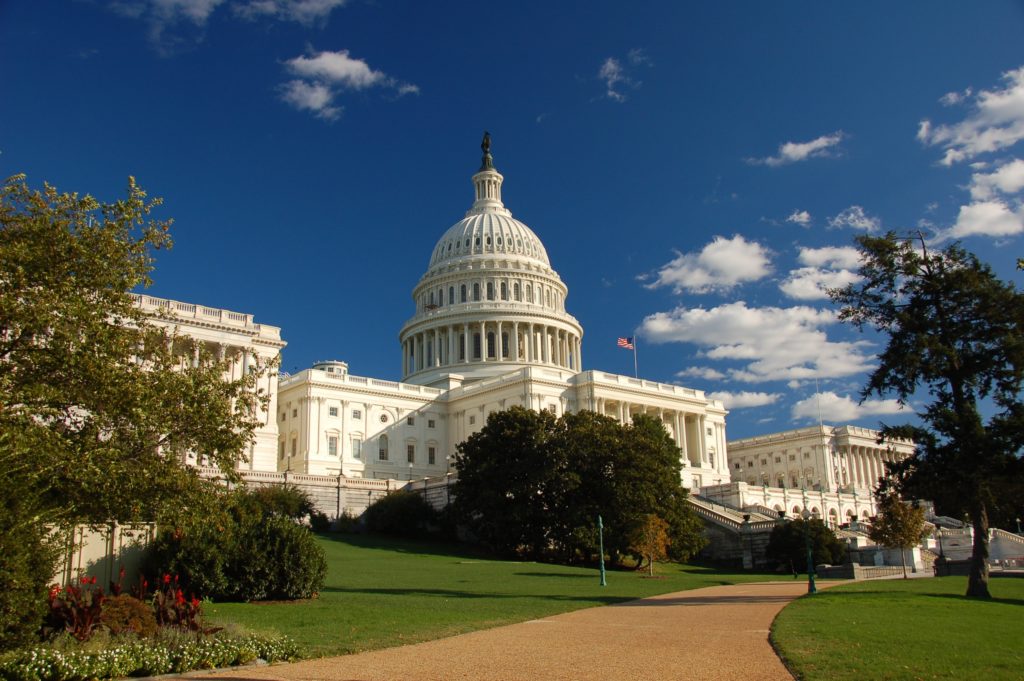The Peninsula
The Trump Administration and Trade Policy: Confirmation Questions for the Commerce and USTR Nominees

This is the second in a two part series looking at the potential questions senators should ask Trump Administration officials on policy that will affect Korea during their confirmation hearings. The first part on the Trump Administration’s State and Defense nominees can be found here.
By Phil Eskeland
On Thursday morning, President-elect Donald Trump’s nominee for Secretary of Commerce, Wilbur Ross, will be subject to a confirmation hearing before the Senate Commerce, Science, and Transportation Committee, chaired by Senator John Thune of South Dakota. Because Robert Lighthizer was nominated to serve as the U.S. Trade Representative (USTR) just last week, his confirmation hearing before the Senate Finance Committee, which has legislative jurisdiction over U.S. trade policy, will be held sometime after the presidential inauguration.
As mentioned in the first part of this series, confirmation hearings are a window to gain insight into the views and priorities of any administration. While the Department of Commerce has many divergent responsibilities from conducting to the decennial census to maintaining a small fleet of ocean-worthy vessels as part of the National Oceanic Atmospheric Administration (NOAA), the International Trade Administration (ITA) has been historically been a locus of the agency. In the past, USTR has taken the lead in trade policy and negotiation while the Department of Commerce is focused primarily on trade promotion through the U.S. & Foreign Commercial Service and enforcement by acting on foreign dumping (selling an imported product in the U.S. below what the good sells for in the overseas country) and unfair foreign government subsidy complaints from U.S. industry. Because USTR is a relatively small agency, the Commerce Department also provides the industry expertise to aid and guide USTR negotiators.
The issue of trade was raised to a top-tier issue during the election. Suffice it to say that many of Trump’s positions and statements on trade diverged from long-held views of most Congressional Republicans. Thus, the confirmation hearings for these two nominees will be an interesting guide not only to gain insight into Trump administration policies, but to see what type of questions are posed by members of the Senate Commerce Committee. As is custom, presidential nominees that require Senate confirmation submit written responses to questions posed by the committee in advance of the hearing. In answering the question regarding the top challenges facing the Commerce Department, Mr. Ross responded with a priority to expand U.S. exports and reduce the U.S. trade deficit.
Below are a list of a just a few suggested questions for Senators to ask. Again, even if they do not come up in the hearings, it will be interesting to see how the Trump Administration will deal with them over time:
- What is your view on trade deficits? Do you view trade as a zero-sum game? Do you view imports as “bad” and exports as “good?” Does the perspective of the consumer factor into your views?
- What is your plan to expand U.S. exports?
- Will there be any change to which agency will take the lead on trade policy – Commerce or will it remain at USTR? Will the Trump Administration support the consolidation of all trade-related functions and offices within the Executive Branch into the Department of Commerce or create a Department of Trade? If not, will the Trade Promotion Coordinating Committee (TPCC) play an elevated role in the Trump Administration?
- With Peter Navarro as the Director of the new National Trade Council, Jason Greenblatt as the new Special Representative for International Negotiations, and Trump’s son-in-law Jared Kushner as Senior Adviser, all in new trade roles at the White House, what will you do to insure consistency in Trump Administration trade positions and messaging?
- Which country or countries may be next in line for trade negotiations?
- Do threats to raise tariffs on products made outside of the United States set the precedent to embolden other nations to bring production back to their home country and withdraw foreign direct investment from the United States?
- With the demise of the Trans-Pacific Partnership (TPP), what is your vision to promote U.S. economic interests in Asia, particularly among our allies in light of the growing interest to complete the Regional Comprehensive Economic Partnership (RCEP) talks?
- Do you believe China manipulates its currency? If so, when should we expect to see this designation in the Trump Administration?
- What improvements do you think need to be made to the North American Free Trade Agreement (NAFTA)? Do you view North America as an integrated market to compete against Asia?
- Do you envision the administration taking many self-initiated actions to enforce U.S. trade laws? If so, what might these actions entail?
Phil Eskeland is Executive Director for Operations and Policy at the Korea Economic Institute of America. The views expressed here are his own.
Photo from Amanda Walker’s photostream on flickr Creative Commons.
